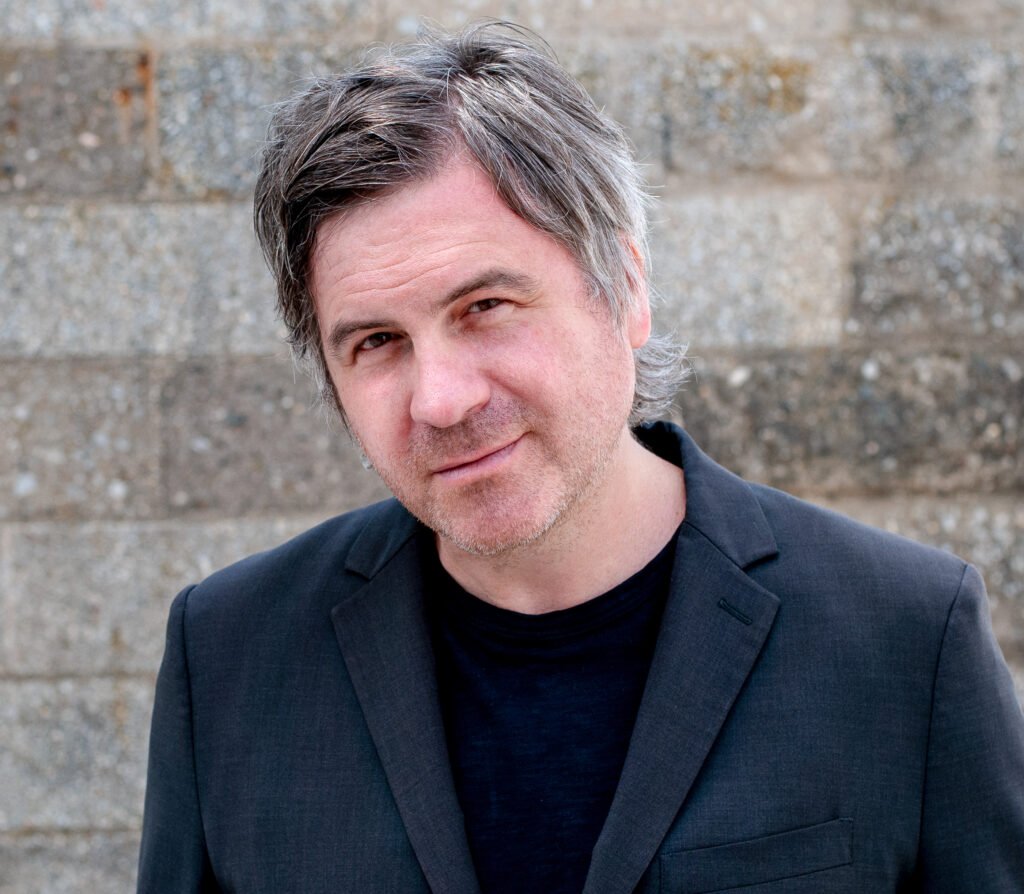Winning Emmys is No Strange Thing for David Klotz, But It Never Gets Old
David Klotz ’94, who won his seventh Emmy on Sunday night, spoke about working on multiple shows, the excitement of winning, and what it takes to make it as a music editor.

Q: You have been the music editor for multiple hit shows at the same time — Stranger Things; Game of Thrones; American Horror Story — how do you balance all of them at the same time?
Klotz: I am fortunate enough that the schedules for these shows usually don’t overlap. Having said that, last year, both Game of Thrones and Stranger Things both landed in post production at the same time and the post schedules were identical. But, as luck would have it, the sound mixes were located across the street from each other in Hollywood, so I was running back and forth and a little stressed out. I try to be discreet about working on two shows at the same time, but eventually the cat was out of the bag and even [Stranger Things showrunners] the Duffer Brothers, who were big fans of Game of Thrones, were warning me, “Don’t tell us any spoilers!”
Q: You’ve been nominated for Primetime Emmys 15 times, including two times this year for Outstanding South Editing for a Comedy or Drama Series (One Hour) for Stranger Things, which you won, and Outstanding Sound Editing for a Limited Series, Movie or Special for American Horror Story. How does it feel to be nominated again this year compared to the first time you were nominated?
Klotz: It still feels amazing. Every single nomination is exciting. I don’t think it could ever get old. I am always very grateful for the honor. Sadly, everything is a bit muted this year with the coronavirus. I wish I could celebrate with my peers in person. Getting dressed up for all of the parties is half the fun!
Q: What inspired you to want to go into being music editor? Was there a television show, movie or person that inspired you?
Klotz: I have always been obsessed with movies. Even as a kid, I was going to my local video store and renting movies like Citizen Kane and Taxi Driver. The clerk knew I was a total film nerd, so he would suggest classics for me to watch. Early on, I recognized how music could transcend a scene and add weight to a narrative.
Some of my favorite examples were the way “And Then He Kissed Me” by The Crystals was used in Goodfellas or the way “L’Enfant” by Vangelis was cut into The Year of Living Dangerously. The raw emotional power of [Albinoni’s] Adagio for Strings in the 1981 film, Gallipoli, made the horrors of war far worse. I also loved the way “Raindrops Keep Fallin’ On My Head,” sung by B.J. Thomas, was used in the 1969 film Butch Cassidy and the Sundance Kid, as foreshadowing. Scenes like those ignited my childhood obsession with film soundtracks. So after I graduated Emerson, I moved to Los Angeles and stumbled upon music editing. A happy accident.
Q: What skills are needed to be a successful music editor for television and movies?
Klotz: Practically speaking, you must be proficient in Avid’s Pro Tools. And though it helps to have a formal music education, you don’t need one. I don’t. Having a good ear for music and an appreciation of all genres of music is important. As a music editor, you are working closely with the composer, director and producer, and music supervisor, so great communication skills are necessary. And because music is subjective, you have to be able to interpret notes. If a director says, “I want this moment to be sharper,” musically speaking, you need to figure out what they are asking for. It’s not always easy.
Categories